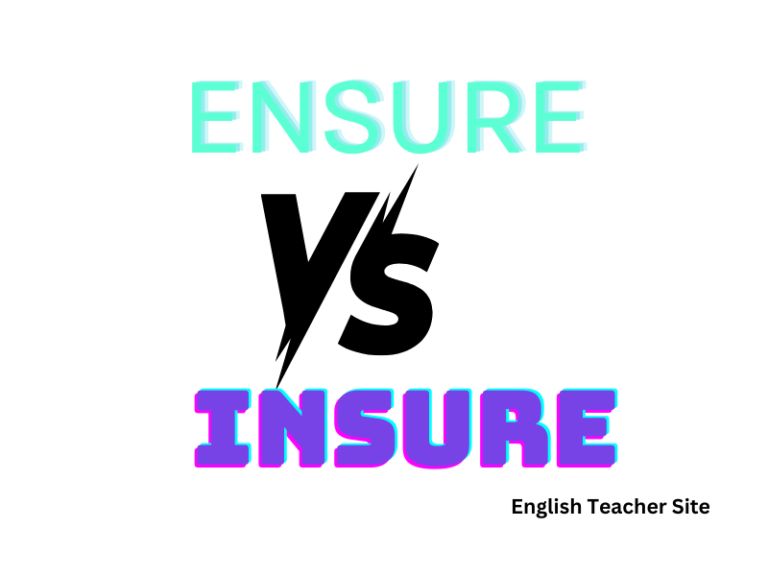Canceled vs Cancelled: Understanding Regional Spelling Differences

- Both “canceled” and “cancelled” are acceptable spellings, but they have different regional usages.
- American English commonly uses “canceled,” while British English prefers “cancelled.”
- Consistency in the chosen spelling should be maintained throughout a piece of writing.
The variations in spelling are a perfect demonstration of how English has evolved over time and across oceans, particularly between American English and British English. The verb ‘cancel’ is subject to this variation—with Americans preferring ‘canceled’ and the British leaning towards ‘cancelled’.
Language guides and dictionaries acknowledge both spellings, but the key is consistency within your writing.
Differences Beyond ‘Canceled’ and ‘Cancelled’
In the English language, differences such as those between “canceled” and “cancelled” often signal a deeper divergence between American and British English. This distinction is rooted in a variety of spelling conventions that have evolved over time.
American English tends to simplify spellings. This is observed in the preference for “canceled” with one ‘l’. Similarly, Americans write “traveled” and “labeled”. In contrast, British English preserves more traditional spellings with “cancelled”, “travelled”, and “labelled” showing doubled consonants in these cases.
| American English | British English |
|---|---|
| Canceled | Cancelled |
| Traveled | Travelled |
| Labeled | Labelled |
These spelling variations extend beyond verbs, influencing other word forms:
Word Variants
- American English uses “color” and “flavor”
- British English opts for “colour” and “flavour”
The reason for these differences is partly historical. American English was influenced by Webster’s dictionaries, which advocated for simplified spelling, while British English remained closer to the spellings used in the United Kingdom’s first comprehensive dictionary by Samuel Johnson.
| Simplified Spelling | Traditional Spelling |
|---|---|
| Color | Colour |
| Flavor | Flavour |
Despite these discrepancies, it is important to note that both versions are correct within their respective dialects, and understanding these variations can enhance clarity in communication across different English-speaking regions.
American English vs. British English
As an English teacher, one frequently encounters differences between American and British English, which extend beyond mere pronunciation to spelling conventions.
Spelling Variations
| American English | British English |
|---|---|
| color | colour |
| honor | honour |
| favorite | favourite |
| traveled | travelled |
Verb Suffixes
With verbs that end in a final ‘-el’, American English often employs a single ‘l’ when adding suffixes, while British English doubles the ‘l’.
- American English: canceled, traveling
- British English: cancelled, travelling
Usage and Dictionaries
When referring to dictionaries or usage guides, one will notice that both American and British dictionaries provide guidance on these spelling conventions. It’s important to recognize that neither version is incorrect but rather reflective of different standards in usage.
Usage of the Verb cancel
In writing, the proper use of the verb “cancel” depends largely on the intended audience. Whether one chooses “canceled” or “cancelled” can influence the clarity and consistency of communication.
Verb Forms and Inflections
The verb “cancel” presents different forms based on tense and the variety of English being used. The tables below break down the variations most commonly accepted in both American and British English.
Present Participle:
- In American English: canceling
- In British English: cancelling
Past Tense:
- In American English: canceled
- In British English: cancelled
Noun Form:
- In both American and British English: cancellation
Agent Noun (a person who cancels):
- In American English: canceler
- In British English: canceller
The choice between “canceled” and “cancelled” often hinges on the specific audience:
- For an American audience: use canceled and canceling.
- For a British audience: use cancelled and cancelling.
Consistency is key in writing; once a writer has chosen a version, they should stick with it throughout their communication to avoid confusion. Whether drafting an email, composing a novel, or crafting a formal letter, awareness of these inflections ensures clear and effective communication.
Regional Variations in English-Speaking Countries
In English-speaking countries like the United States, Canada, and Australia, how one spells words like canceled and cancelled can reveal where they learned their English.
The United States and Canada:
| United States | Canada |
|---|---|
| Canceled | Cancelled |
| Labor | Labour |
| Color | Colour |
| Traveling | Travelling |
In the United States, the preference for certain spelling conventions is rooted in a desire for simplified forms. Thus, the single ‘l’ spellings like canceled and traveling are standard. In contrast, Canadian English takes a middle path, often combining American spelling preferences while retaining some British forms, like cancelled and labour.
Australia and British Influence:
| Australia | United Kingdom |
|---|---|
| Cancelled | Cancelled |
| Labour | Labour |
| Colour | Colour |
| Travelling | Travelling |
Australian English tends to favour the British style, making cancelled with double ‘l’ the accepted norm. The British influence extends beyond spelling to encompass certain grammar and usage patterns.
Points to Remember:
- Spelling variations like canceled and cancelled often indicate whether the writing adheres to American or British spelling conventions.
- Canada’s use of English exhibits a blend of both American and British spellings; context can dictate the preference.
- Australia primarily follows British spelling norms, reflecting historical ties.
It’s vital to be aware of these distinctions when writing or editing in an international context. Use the spelling that aligns with your target audience’s language norms.
Dictionaries and Language Guides (cancel)
American English:
According to Merriam-Webster, the United States writing convention favors the single ‘l’ spelling in the past tense—canceled—and this extends to its derivatives, such as canceling and canceler. Language software like Grammarly reaffirms this norm, highlighting consistency in usage.
British English:
Conversely, guidance from UK-based lexicons, as noted on Dictionary.com, prescribe the double ‘l’ forms—cancelled and cancelling. This practice pervades not just the UK but also other English-speaking regions outside of the US.
Learners should note that both forms are grammatically correct but should be applied with an awareness of the intended audience’s language conventions. Educational resources like Reader’s Digest well articulate these regional preferences, guiding users towards suitable usage.
- The consistency of spelling within a given document is paramount.
- Awareness of the audience’s regional norms aids in establishing rapport and clarity.
In sum, when it comes to canceled versus cancelled, the orthography is not a matter of correctness but of regional preference and adherence to a chosen style guide.
The Rule of Doubling a Final Consonant
When determining the correct spelling of words in English with a focus on the final consonant, one must understand the rule of consonant doubling. This rule applies to words when they are converted into their past tense or when a suffix is added. It is the difference in orthographic norms between American and British English that leads to variations, such as between “canceled” and “cancelled”.
Single-L Versus Double-L
American English generally prefers a single ‘l’ when forming the past tense of a verb that ends with ‘l’.
| American Spelling | British Spelling |
|---|---|
| canceled | cancelled |
| modeled | modelled |
| labeled | labelled |
| traveled | travelled |
In British English, when a verb that ends in ‘l’ is followed by a suffix, the final consonant, ‘ll’, is often doubled.
- This applies especially when the stress is on the final syllable, as in:
- “compelled”
- “rebelled”
Exceptions exist to these rules and can confuse even experienced writers.
Here is a breakdown of the rule application:
- If the final syllable is stressed and ends in a single consonant with the preceding vowel being short, double the consonant before adding a suffix such as “-ing” or “-ed”.
- If the stress is not on the final syllable, or if the preceding vowel is long, do not double the final consonant in American English.
For British English on the other hand, the final consonant ‘l’ is typically doubled when a word ending in ‘l’ is followed by a suffix regardless of syllable stress.
Orthographic variation can be seen in the case of the verb “cancel”: where both “canceled” and “cancelled” are correct but represent different dialects of English—one American, the other British.
Maintaining Consistency
When writing in English, choosing between the words canceled and cancelled can depend on your audience. While both spellings are correct, the key to maintaining a professional and clear text is consistency. Here are some guidelines:
- American English: Generally prefers the single ‘l’ spelling—canceled.
- British English: Typically uses the double ‘l’ version—cancelled.
Here are some important points to keep in mind:
- Choose a Style: Decide whether to use American or British English before you start writing.
- Remain Consistent: Use the chosen spelling style throughout your document.
- Edit with Care: Review your work to ensure uniformity in spelling.
| Checklist for Editing |
|---|
| Spell check your document. |
| Confirm consistency in language style. |
| Verify consistent usage of chosen English variant. |
By adhering to these standards, writers ensure their texts are well-received by their intended audiences. Remember, in the scope of English spelling, particularly with words like canceled and cancelled, coherency is as important as correctness.
My name is Khamis Maiouf. I am the creator of the English Teacher Site, dedicated to providing valuable resources and insights for students around the world. With a passion for education and a commitment to helping students enhance their skills, I aim to make English teaching more effective and enjoyable for both educators and students.






